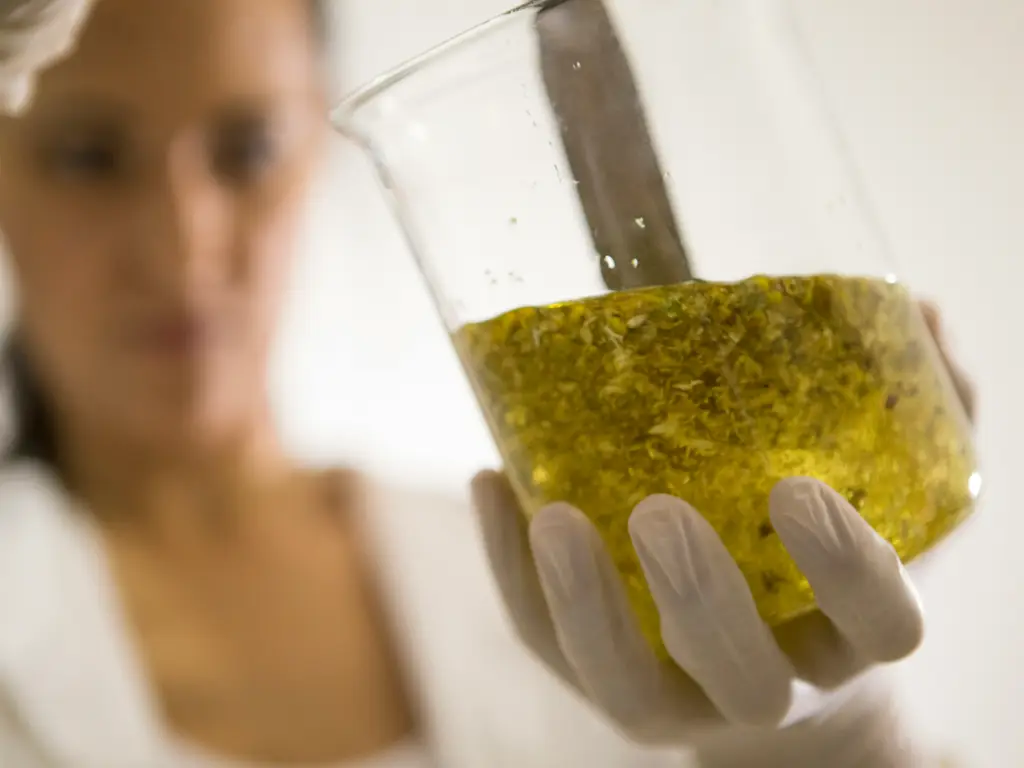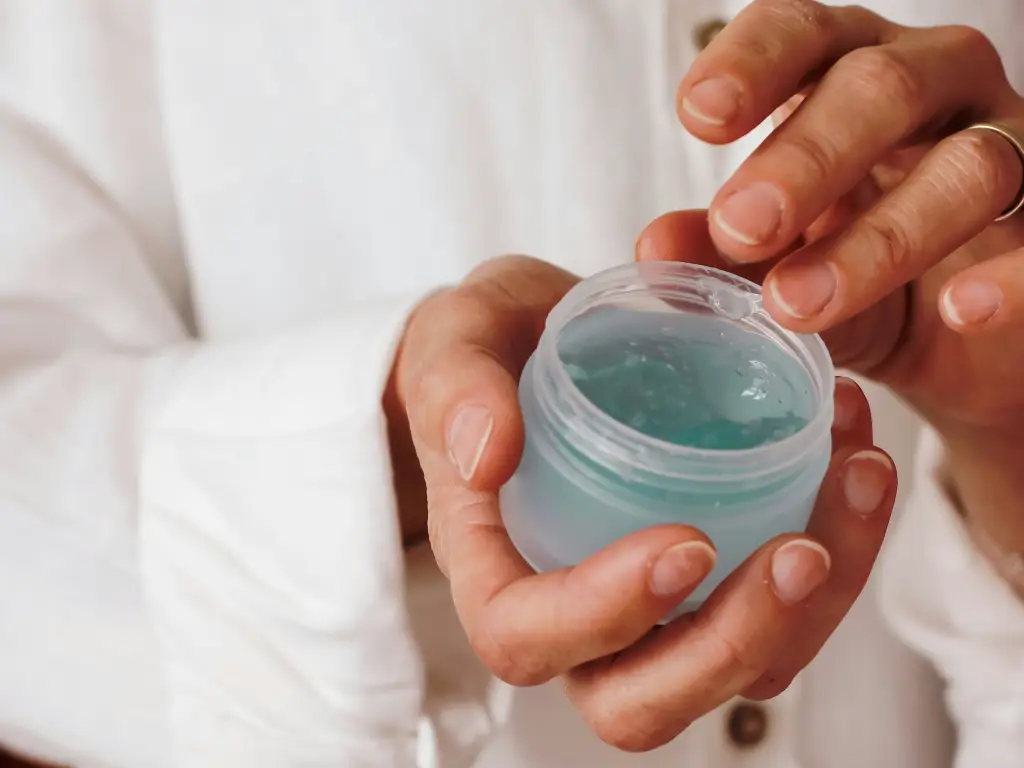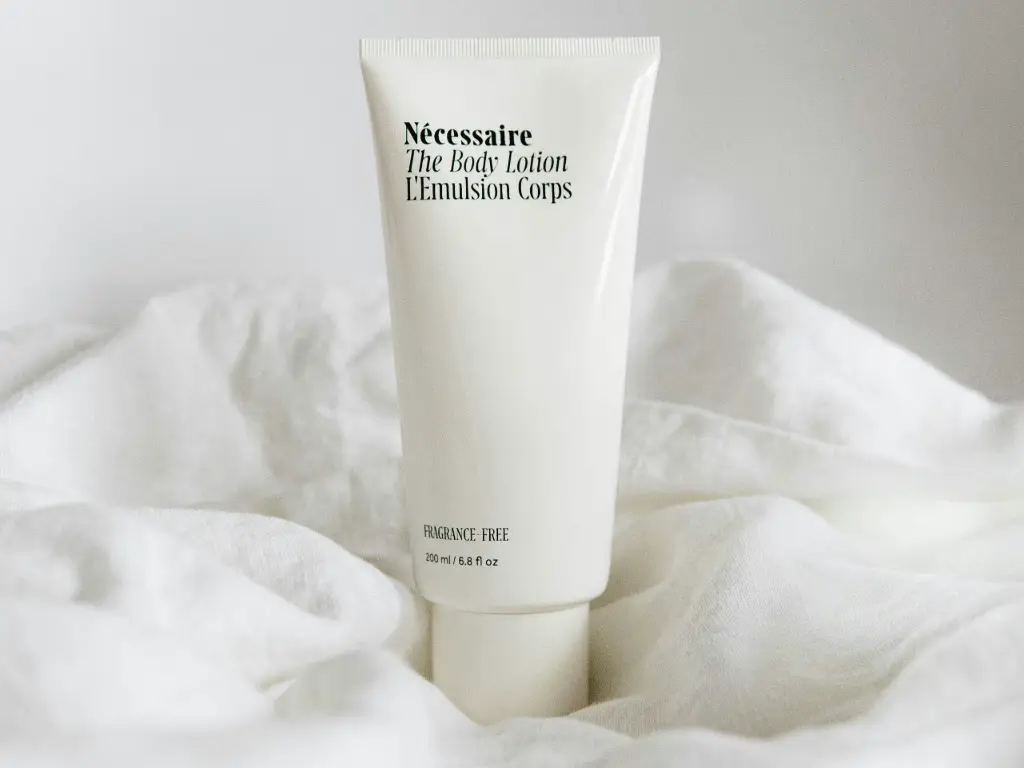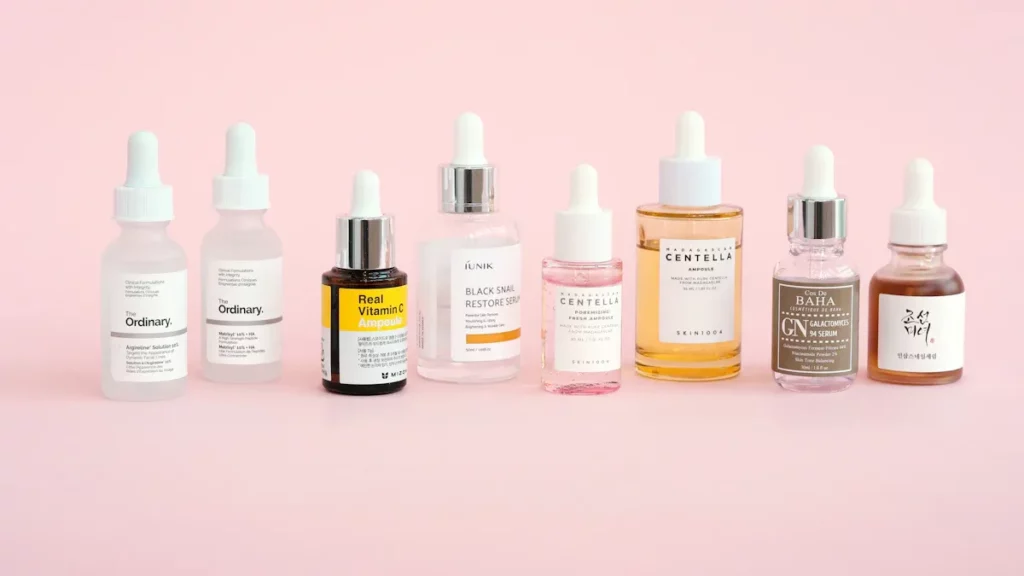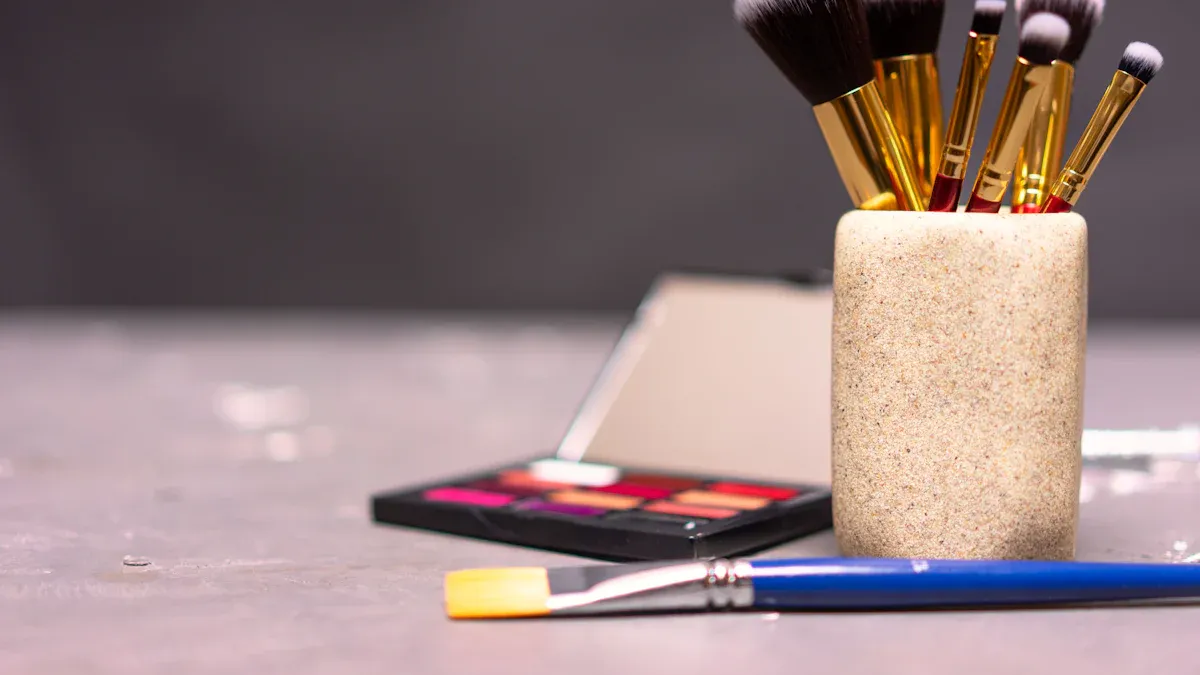
When you shop for beauty products, you want to feel seen and celebrated. Inclusivity has become a game-changer in the beauty industry, with brands realizing the importance of representing diversity. Did you know that 43% of beauty consumers feel happy when advertisements showcase diverse representations? On top of that, 25% of Gen Z consumers report feeling left out of beauty ads. These numbers show why creating inclusive beauty solutions matters more than ever.
You’ve probably noticed how brands are stepping up to meet unique skincare needs. From personalized foundations to gentle toners for sensitive skin, innovation is driving change. 例えば, products like Curology’s tailored skincare solutions and SheaMoisture’s curly hair care lines prove there’s no room for one-size-fits-all anymore. This shift is empowering you to find products that truly work for your skin type and tone.
Inclusivity in the Beauty Industry Today
Progress in Inclusive Beauty Products
You’ve probably noticed how beauty brands are stepping up their game when it comes to inclusivity. Today, nearly 74% of beauty buyers value inclusivity, and almost half want product ranges that cater to diverse skin tones. This shift isn’t just about marketing; it’s about creating products that truly work for everyone.
Statistic | Value |
|---|---|
Percentage of beauty buyers valuing inclusivity | 74% (9% higher than average) |
Percentage of beauty buyers wanting inclusive product ranges | Nearly 50% |
Percentage of beauty buyers believing brands should feature diverse ads | Nearly 70% |
Percentage of consumers wanting unedited images in advertisements | 78% |
Percentage of Black consumers struggling to find matching beauty products | 53% |
Brands are expanding shade ranges to include every skin tone, ensuring representation. Advanced pigment technology is helping create shades that blend seamlessly with diverse skin tones. You’ll also see companies conducting extensive testing across different demographics to ensure their products meet the needs of all skin types. This progress is making inclusive beauty more accessible than ever.
Challenges in Meeting Diverse Skin Needs
Even with all this progress, creating truly inclusive beauty products isn’t easy. Skin diversity is vast, and it’s not just about tone—it’s about texture, sensitivity, and unique skincare needs. 例えば, 53% of Black consumers still struggle to find beauty products that match their skin tone.
Brands face challenges in formulating products that cater to such a wide range of needs. Sensitive skin requires gentle ingredients, while oily skin benefits from mattifying formulas. You might have noticed that some products work wonders for one person but fall short for another. This is why research and innovation are so critical in addressing these gaps.
The Influence of Consumer Advocacy and Social Media
You hold more power than ever in shaping the beauty industry. Consumer advocacy has pushed brands to embrace diversity, targeting broader audiences that include men, non-binary individuals, and people from various ethnic backgrounds. Campaigns like Dove’s “Real Beauty” have shown how representation and authenticity resonate with you and others who value inclusivity.
Social media platforms like TikTok are changing the game. Brands investing in TikTok are growing faster, thanks to its ability to reach diverse audiences. You’ve probably seen how influencers and everyday users share their honest opinions about beauty products, driving brands to improve their offerings. This direct feedback loop is making inclusivity a priority in product development and marketing strategies.
Understanding Skin Diversity

The Science of Skin Tones and Undertones
Have you ever wondered why skin tones vary so much across the globe? It’s all about adaptation. Your skin tone is influenced by geography and how much sunlight your ancestors were exposed to. 例えば:
Darker skin evolved in tropical regions to protect against harmful UV rays.
Lighter skin developed in areas with less sunlight to help the body produce vitamin D.
Skin reflectance studies show just how diverse skin tones are, with measurable differences across populations.
But it’s not just about tone. Undertones—like warm, cool, or neutral—play a big role in how your skin looks and how beauty products, like foundation shades, appear on you. Genetics determine your baseline pigmentation, while environmental factors, like sun exposure, can cause temporary changes. Even lighting can affect how your skin tone is perceived, which is why standardized lighting is crucial during skin analysis.
Aspect | Description |
|---|---|
Skin tone is influenced by genetic factors, which determine baseline pigmentation. | |
Environmental Factors | Sun exposure alters skin color, leading to facultative changes. |
Measurement Techniques | The upper volar arm is recommended for assessing constitutive skin due to low variability. |
Conditions Affecting Tone | Disorders like vitiligo and anemia can alter skin tone assessment. |
Impact of Lighting | Ambient lighting affects color perception, necessitating standardized lighting for accurate assessments. |
Understanding the science behind skin tones and undertones helps brands create inclusive beauty products that work for everyone. This is where innovation, like advanced pigment technology, comes into play, ensuring shades match a wide range of tones seamlessly.
Addressing Unique Skincare Needs
Your skin is as unique as your fingerprint. That’s why one-size-fits-all skincare rarely works. Different skin types and tones come with their own challenges. 例えば, people with darker skin tones often deal with pigmentation issues, while lighter skin tones may be more prone to fine lines and wrinkles.
Skin Concern | Skin of Color (%) | Non-Hispanic White (%) |
|---|---|---|
Acne and Blemishes | 39 | |
Dry Skin | 32 | 26 |
Pigmentation/Dark Spots | 26 | N/A |
Fine Lines and Wrinkles | N/A | 42 |
Lack of Available Products | 11 | 0 |
These numbers highlight the need for personalized skincare recommendations. Whether it’s anti-acne solutions for teenagers or hydrating formulas for dry skin, brands must tailor their products to meet diverse needs. Recent research even suggests creating inclusion plans during product formulation to address differences in skin concerns across ethnic groups.
ヒント: Look for brands that offer personalized skincare solutions. These products are often backed by AI skincare tools that analyze your skin and provide tailored recommendations.
The Role of Research and Dermatological Insights
You might not realize it, but dermatological research plays a huge role in shaping inclusive beauty. Scientists study everything from the skin microbiome to how conditions like atopic dermatitis affect different populations. 例えば:
Studies show that Malassezia is the predominant fungus on the skin, but its impact varies by skin type.
Research into the “atopic march” explores why some people with eczema develop asthma or other conditions.
Tools like meta-genomic shotgun sequencing help researchers understand how skin microbes interact with the host.
Evidence Description | Findings |
|---|---|
Diversity in skin microbiome | A healthy volunteer exhibited a more diverse fungal profile after antifungal treatment. |
Predominance of Malassezia | The study found Malassezia was the predominant fungus on the skin. |
Meta-genomic shotgun sequencing | This method helps categorize skin microbes and understand their roles. |
Atopic march research | Investigators explore why individuals with atopic dermatitis develop other conditions. |
Unique bacteria in immunodeficient patients | Patients with immunodeficiencies showed a greater prevalence of fungi, indicating risks for secondary infections. |
This research helps brands develop skincare products that cater to diverse needs. By collaborating with dermatologists and using cutting-edge tools, companies can create formulations that work for everyone. It’s all about combining science with inclusivity to deliver better results for your skin.
Innovations in Inclusive Beauty Product Development

AI and Machine Learning for Skincare Solutions
Imagine having a skincare routine tailored just for you. AI is making that possible by analyzing massive datasets to create personalized skincare solutions. These systems consider everything—your genetics, lifestyle, and even environmental factors—to recommend products that match your unique skin profile.
Here’s how AI is transforming skincare:
It predicts consumer preferences, helping brands develop shades and formulas that resonate with diverse audiences.
It identifies harmful substances in products, ensuring safety and efficacy.
It optimizes ingredient combinations, enhancing product performance for all skin tones.
Application Area | Description |
|---|---|
Prediction Accuracy in Rejuvenation Surgeries | A deep learning model outperformed traditional models in predicting outcomes for rejuvenation surgeries. |
Personalized Skincare Recommendations | AI improved facial skin analysis for personalized recommendations, outperforming traditional methods. |
Product Safety and Efficacy | AI identified harmful substances in personal care products through advanced data processing. |
Novel Preservatives Design | AI-assisted design led to the creation of effective antibacterial peptides. |
AI skincare tools are also revolutionizing skin analysis. They use video assessments to provide dynamic evaluations, offering more accurate insights into your skin’s needs. This innovation ensures inclusivity by addressing the diverse requirements of different skin tones and types.
ヒント: Look for brands that use AI-powered tools for personalized skincare recommendations. These tools can help you find products that truly work for your skin.
Advanced Pigment Technology for Skin Tone Matching
Matching foundation shades to your skin tone used to be a guessing game. Now, advanced pigment technology is changing the game. Brands are using innovative systems to develop shades that blend seamlessly with diverse skin tones, ensuring better representation in inclusive color cosmetics.
Recent studies highlight the limitations of traditional methods for characterizing skin pigment. 例えば:
Using an ITA threshold of <-50° categorized only 7% of participants as ‘dark,’ while self-identification as ‘Black or African American’ increased this to 23%.
Subjective and objective approaches to skin pigment characterization often overestimate diversity, leading to gaps in product formulation.
These findings underscore the importance of innovation in pigment technology. By combining subjective insights with objective data, brands can develop shades that cater to a broader range of tones. This ensures color accuracy and inclusivity, making it easier for you to find products that match your skin perfectly.
Customization and Personalization in Beauty Products
You deserve beauty products that feel like they were made just for you. Customization and personalization are becoming the norm, with brands offering tailored solutions to meet your specific needs.
Market research shows that personalized skincare is on the rise:
Evidence Type | Details |
|---|---|
Market Growth | The U.S. skincare market grew by 5% in 2023, with moisturizers leading sales. |
Consumer Behavior | 77% of consumers prefer brands offering personalized services. |
Segment Growth | Women accounted for over 69.1% of personalized skincare sales in 2024. |
Technology Integration | Unilever launched BeautyHub PRO, an AI platform for personalized recommendations. |
E-commerce beauty sales have also surged, supporting direct-to-consumer models. Spending on wellness and self-care has increased by 15% annually, reflecting your growing interest in personalized solutions.
Brands are using AI to create custom formulations that address your skin’s unique concerns. Whether you need hydration, acne control, or anti-aging formulas, these high-quality formulas are designed with you in mind. This level of customization ensures inclusivity by catering to the diverse needs of all skin tones and types.
Note: Personalized skincare recommendations are not just a trend—they’re the future of beauty. Look for brands that prioritize customization to find products that truly work for you.
Testing and Feedback for Effective Beauty Products
Collaborating with Diverse Consumer Groups
You’ve probably noticed how beauty brands are working harder to include everyone. Collaboration with diverse consumer groups is key to creating products that truly work for all skin tones. Brands now invite people from different ethnicities, genders, and age groups to test their formulations. This ensures that the products meet the needs of a wide range of skin types and tones.
Focus groups and surveys help brands gather insights directly from you and others like you. These methods uncover what works and what doesn’t, leading to better personalized skincare recommendations. 例えば, testing across various demographics ensures that foundation shades blend seamlessly with different undertones. This collaboration isn’t just about inclusivity—it’s about making sure you feel confident in your skin.
ヒント: When choosing beauty products, look for brands that actively involve diverse consumer groups in their testing process. It’s a sign they care about creating solutions for everyone.
Ensuring Product Efficacy Across Skin Types
You want beauty products that deliver results, no matter your skin type. Brands rely on rigorous testing to ensure efficacy across different skin tones and types. They use advanced tools like VISIA imaging to analyze wrinkles, pigmentation, and hydration levels. Clinical trials and in vitro studies also play a big role in proving how well products work.
Evidence Type | Description |
|---|---|
Product Formulation | Details on active ingredients like retinol. |
In Vitro Studies | Results on cell regeneration and collagen. |
In Vivo Clinical Trials | Findings on wrinkle reduction and hydration. |
Consumer Feedback | Self-assessment data on visible results. |
Competitor Benchmarks | Comparisons with other products. |
Long-term Performance | Effectiveness after consistent use over weeks. |
Skin Imaging Tools | Use of VISIA for analyzing skin concerns. |
Expert Reviews | Dermatologist evaluations on efficacy. |
Regulatory Guidelines | Compliance with FDA and EU standards. |
Safety Data | Information on sensitivity to active ingredients. |
These methods ensure that products perform well for everyone, whether you have dry skin, oily skin, or sensitive skin. When brands prioritize testing, you can trust their products to deliver visible results.
Transparency in Product Development Processes
You deserve to know what’s in your beauty products and how they’re made. Transparency is becoming a top priority for brands, and it’s changing the way you shop for skincare. Companies now share details about their ingredients, sourcing, and manufacturing practices. This openness builds trust and helps you make informed choices.
Consumers care more about safety, sustainability, and ethical sourcing.
Regulatory pressures push brands to improve documentation and audit readiness.
Digital Product Passports and blockchain technologies enhance transparency.
When brands embrace transparency, you can feel confident about the products you use. It’s not just about knowing the ingredients—it’s about understanding the journey from formulation to your hands.
Note: Look for brands that use blockchain or digital tools to provide detailed product information. These innovations ensure you’re getting safe and ethical beauty solutions.
Sustainability and Ethical Practices in Inclusive Beauty
Sustainable Ingredients for Skincare
When you choose skincare, you’re not just caring for your skin—you’re also making a statement about the planet. Sustainable ingredients are transforming the beauty industry, offering you products that are both effective and eco-friendly. Certified organic farming avoids synthetic pesticides, keeping soil healthy and reducing pollution. Natural ingredients like aloe vera and jojoba oil not only nourish your skin but also support biodiversity and local communities.
The shift toward sustainable beauty is growing fast. 以上 40% of shoppers now prioritize natural components in their skincare routines. This demand is driving brands to innovate with botanical extracts and environmentally friendly methods. By choosing products with sustainable ingredients, you’re helping to minimize negative health impacts while promoting environmental responsibility.
ヒント: Look for skincare products labeled as organic or natural. These often use sustainable ingredients that are better for your skin and the planet.
Ethical Sourcing and Manufacturing
You deserve to know where your skincare comes from. Ethical sourcing ensures that ingredients are harvested responsibly, supporting local communities and preserving resources. Certifications like cruelty-free, オーガニック, and fair trade are becoming essential for brands to build trust with you and other consumers.
Transparency is key. Almost half of beauty product users feel brands need to better explain their ingredient choices. Many companies now share details about their sourcing practices, helping you make informed decisions. 例えば, responsibly sourced shea butter not only hydrates your skin but also supports women-led cooperatives in Africa.
Note: Brands that prioritize ethical sourcing often highlight this on their packaging. Keep an eye out for certifications that align with your values.
Balancing Inclusivity with Environmental Responsibility
Creating inclusive skincare shouldn’t come at the expense of the environment. Brands are finding ways to balance inclusivity with sustainability by using eco-friendly packaging, reducing waste, and sourcing renewable ingredients. This approach ensures that skincare products meet diverse needs while protecting the planet.
The rise of clean beauty reflects this balance. Consumers like you are demanding transparency throughout a product’s lifecycle, from ingredient sourcing to disposal. Over half of UK adults believe big companies should act sustainably, and brands are listening. By choosing inclusive and sustainable skincare, you’re supporting a future where beauty and environmental responsibility go hand in hand.
Inclusive beauty isn’t just a trend—it’s a movement that’s reshaping the industry. You’ve seen how brands are stepping up to represent diverse skin tones and types, making beauty more accessible for everyone. This shift is empowering you to find products that truly celebrate your individuality.
Technology is playing a huge role in this transformation. AI is driving personalization, creating tailored formulations that match your unique needs. Sustainable practices are also gaining momentum, with brands focusing on eco-friendly ingredients and packaging. These innovations are setting the stage for a future where beauty meets both inclusivity and environmental responsibility.
Looking ahead to 2025, the beauty industry is poised for even greater change:
Diverse shade ranges and gender-neutral products will become the norm.
Personalization will continue to grow, fueled by AI and data insights.
Cleanical beauty products will combine sustainability with proven results.
Wellness will integrate seamlessly into beauty, offering holistic solutions.
The future of beauty is bright, and it’s all about you. As brands embrace inclusivity, technology, and sustainability, they’re creating products that not only enhance your skin but also reflect your values. You’re not just buying beauty—you’re shaping it. 🌟
FAQ
What does “inclusive shade range” mean in beauty products?
It means offering a variety of shades that match different skin tones and undertones. This ensures everyone can find a product that suits them, no matter their complexion. Brands are now focusing on creating options for all, making beauty more accessible.
How do brands test products for diverse skin tones?
They collaborate with people from various ethnicities and skin types. This helps them understand how products perform across different tones and textures. Testing ensures the products work well for everyone, not just a select group.
Can personalized skincare help with unique skin concerns?
Absolutely! Personalized skincare uses tools like AI to analyze your skin’s needs. It creates solutions tailored to your concerns, whether it’s dryness, acne, or pigmentation. This approach ensures better results for your unique skin.
Why is sustainability important in inclusive beauty?
Sustainability ensures that beauty products are kind to the planet while meeting diverse needs. Using eco-friendly ingredients and packaging helps reduce environmental impact. It’s about creating beauty solutions that care for both you and the Earth.
How can I find products that match my skin tone?
Look for brands that prioritize inclusivity and offer tools like shade-matching guides. Many companies now use advanced pigment technology to create products that blend seamlessly with your skin tone. This makes finding the perfect match easier than ever.

